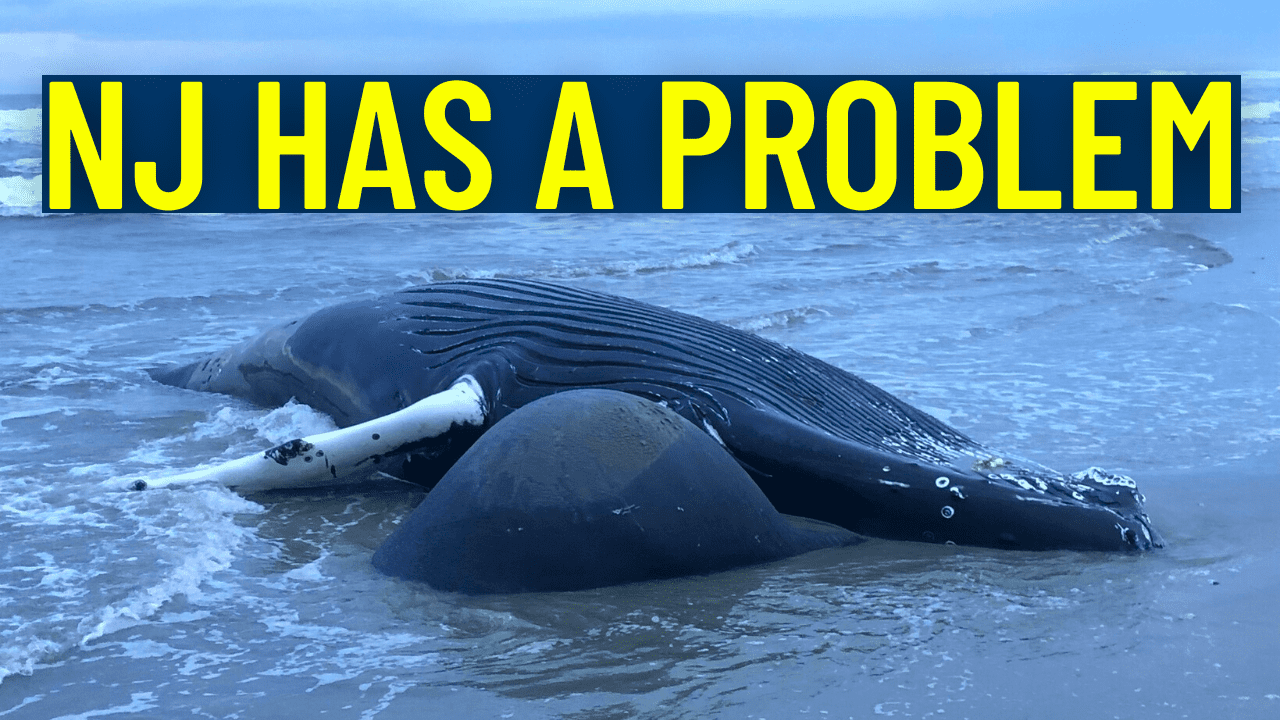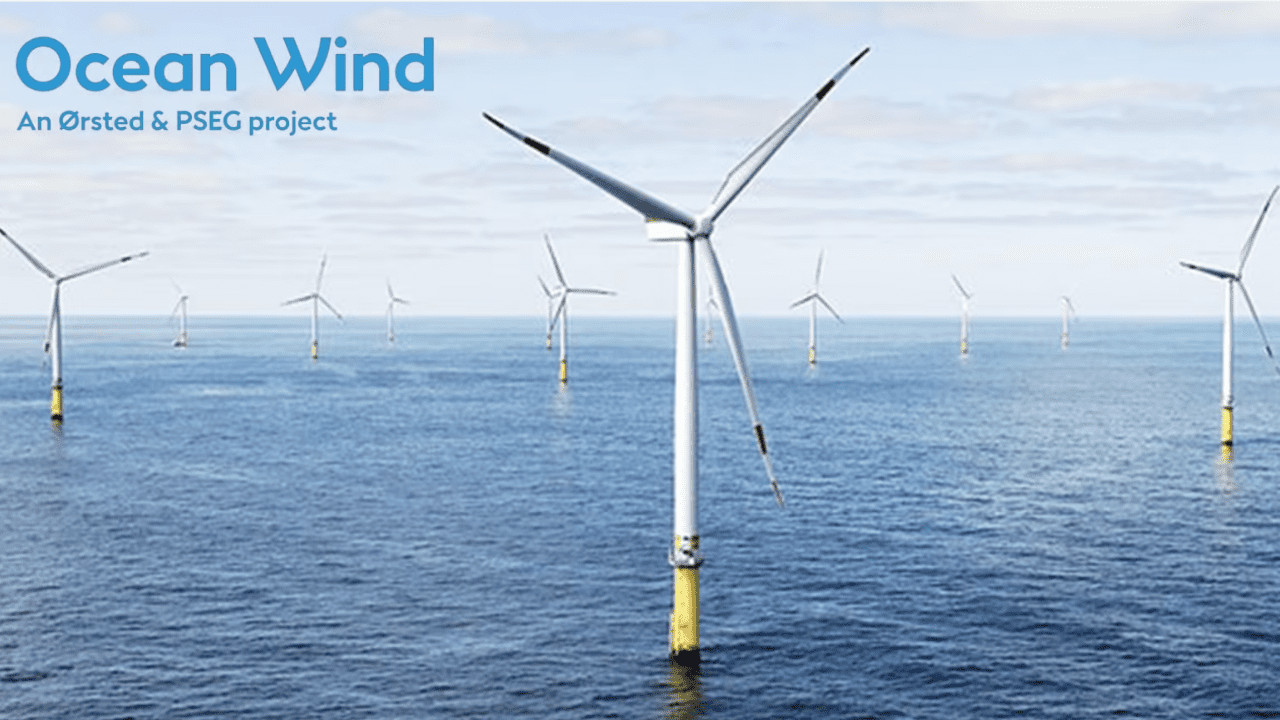New Jersey Has A Dead Whale Problem
New Jersey has recently seen an unusual occurrence of dead whales washing up on its beaches these past few months. This phenomenon has raised concerns among residents and wildlife experts alike, as it is not typical for these large marine mammals to be found in such numbers on the state’s shores.

New Jersey Has A Dead Whale Problem
While New Jersey Usually sees one wash up yearly, to receive several of them, so close to each other in the same area is very uncommon.
There are several potential explanations for this trend that have not been ruled out yet.
One theory is that the whales are being attracted to the area due to an abundance of food. New Jersey’s coast is home to a diverse range of fish and other marine life, which may be drawing the whales closer to shore in search of sustenance vs being located further out to sea.
Another possibility is that the whales are facing increased threats from human activity, such as pollution and ship strikes. The state’s busy shipping lanes and heavy industrial activity may be putting the whales at risk. Sometimes these ships strike the whales causing physical damage that could lead to their deaths and eventual washing up on shore.
A third theory is that whale deaths may be the result of a disease outbreak. In recent years, there have been several reports of whale die-offs caused by various illnesses, such as pneumonia and brain abscesses.
Marine Mammal Stranding Center along with a New York-based group has been taking samples of these whales to see what caused their death.
The problem with these tests is that they take several months for the results to come back. This makes it hard to pinpoint fast what is causing the problem.
New Jersey residents believe there is one problem at hand here, the New Jersey Wind Farm.
The New Jersey Wind Farm is a proposed renewable energy project that aims to generate power from wind energy. The project is expected to consist of several wind turbines placed off the coast of New Jersey, (Atlantic City to Stone Harbor) which will harness the strong winds that blow across the Atlantic Ocean.

Ocean Wind 1
The energy generated by the turbines will be transmitted to the mainland through underwater cables.
The state government is currently reviewing the project, but if approved, it could provide a significant source of clean, renewable energy for the state, while also creating jobs and helping to reduce dependence on fossil fuels.
While this project hasn’t started yet, companies have been using sonar to scan and map out the bottom of the ocean floor.
This data gives the engineers the information needed to know where to place these wind turbines. Some believe that the sonar is causing these whales to premature pass.
New Jersey Congressman, Jeff Van Drew, spoke out about the project by saying “I demand that all offshore wind activity be halted until it is properly determined what the effects of these activities are having on our marine life.”

New Jersey Has A Dead Whale Problem
Congressman Van Drew believes that Ocean life is being put at risk without giving full consideration to its real-world impacts. He hopes to have congressional investigations into the matter once committees for the 118th Congress are finalized.
Whatever the cause, it is clear that the situation is cause for concern. Wildlife experts are closely monitoring the situation, and are working to determine the underlying cause of the whale deaths.
In the meantime, residents are being urged to report any dead whales they come across, in order to help with the investigation.
Below is a video of us explaining what the whale issue is and how you can help!
